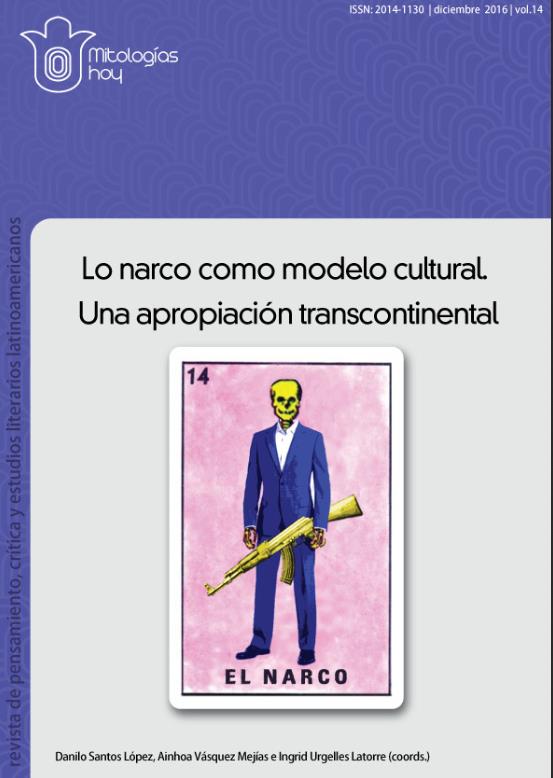Social Damage and Culture of Drug Trafficking: A Study About Social Representations in Sinaloa and Michoacan
Article Sidebar

Main Article Content
David Moreno Candil
Universidad de Occidente
César Jesús Burgos Dávila
Universidad Autónoma de Sinaloa
Jairo Eli Valdez Batiz
El Colegio de la Frontera Norte
The following study was aimed at exploring the social representation of drug trafficking in two Mexican cities that have characterized by the presence of this criminal activity: Culiacan, Sinaloa and Apatzingan, Michoacan. The Cuestionario de Objetivacion y Valoración del Narcotrafico was administered to 240 subjects to determine the content and structure of the social representation. The results showed that the social representation of drug trafficking is organized through two categories: cultural manifestations and social damage of drug trafficking. Regardless of the similarities in content, the structure of the representation is different in each context.
Keywords
Drug Trafficking Culture, Social Representations, Mexico, Violence
Article Details
How to Cite
Moreno Candil, David et al. “Social Damage and Culture of Drug Trafficking: A Study About Social Representations in Sinaloa and Michoacan”. Mitologías hoy, vol.VOL 14, pp. 249-6, https://raco.cat/index.php/mitologias/article/view/315890.
Rights
Copyright
Authors who publish with this journal agree to the following terms:- Authors retain copyright.
- The texts published in this journal are – unless indicated otherwise – covered by the Creative Commons Spain Attribution 3.0 licence. You may copy, distribute, transmit and adapt the work, provided you attribute it (authorship, journal name, publisher) in the manner specified by the author(s) or licensor(s). The full text of the licence can be consulted here: http://creativecommons.org/licenses/by/3.0/es/deed.en.
- Authors are able to enter into separate, additional contractual arrangements for the non-exclusive distribution of the journal's published version of the work (e.g., post it to an institutional repository or publish it in a book), with an acknowledgement of its initial publication in this journal.
- Authors are permitted and encouraged to post their work online (e.g., in institutional repositories or on their website) prior to and during the submission process, as it can lead to productive exchanges, as well as earlier and greater citation of published work (See The Effect of Open Access).
Author Biographies
David Moreno Candil, Universidad de Occidente
Profesor Investigador
Departamento de Ciencias Sociales y Humanidades
César Jesús Burgos Dávila, Universidad Autónoma de Sinaloa
Profesor Investigador
Facultad de Psicología